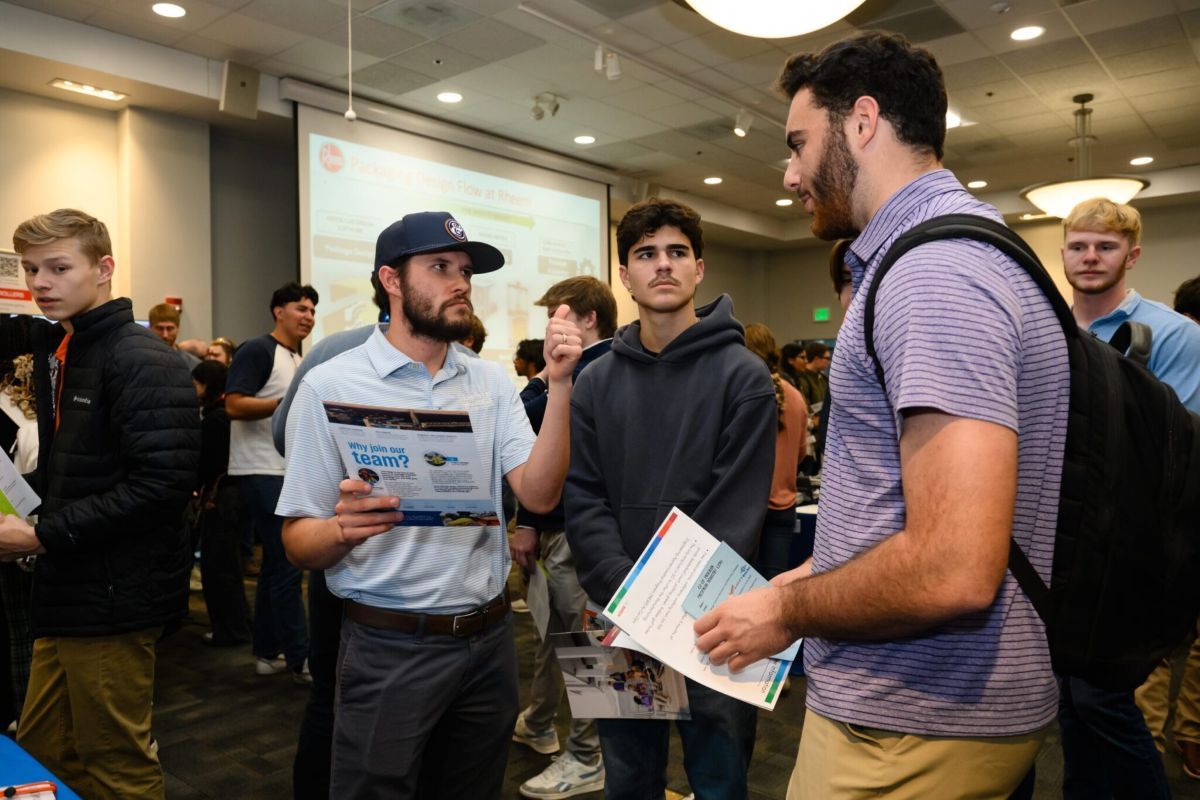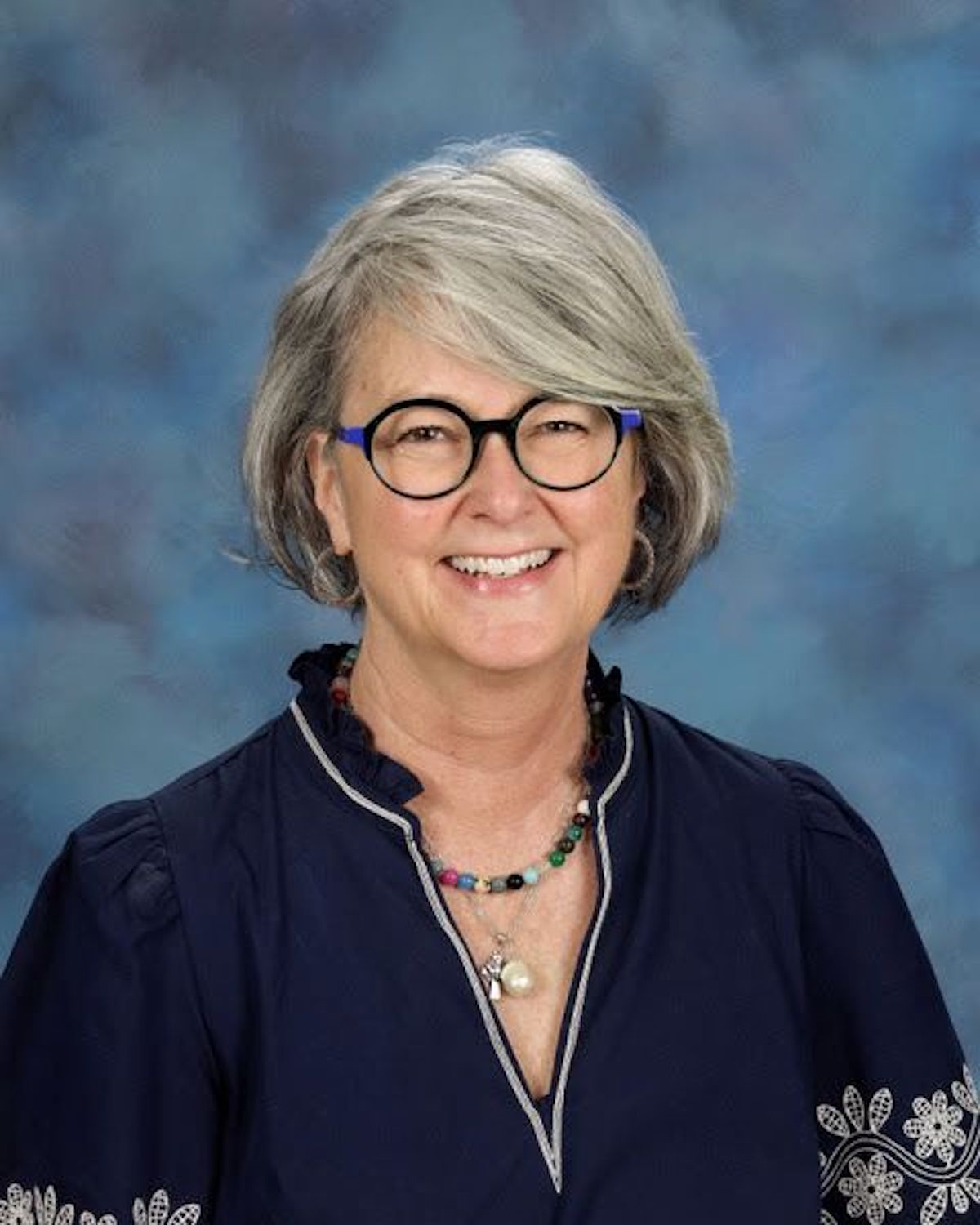By Skylar Laird
SCDailyGazette.com
COLUMBIA — The starting salary for South Carolina teachers would be at least $50,000 next school year if education officials get their wish, which would speed up the governor’s announced goal by one year.
The salary floor for teachers this school year is $47,000, as set by the state budget. That’s the minimum that school districts must pay first-year teachers with a bachelor’s degree, though many supplement state aid with local property taxes to pay more.
Gov. Henry McMaster has repeatedly said he wants to increase the state minimum to $50,000 by 2026.
The Department of Education seeks $200 million in its budget request to make that happen in July 2025 instead.
“That would be a blessing,” said Sherry East, president of the South Carolina Education Association.
The proposed raises represent about half of the education agency’s $433 million total request. Other requests include $100 million to help poor, rural districts and charter schools pay for construction; $35 million for school buses; $31 million for summer reading camps; and $20 million for another round of school security grants.
Raising teacher pay has for years been a priority for legislators and the governor. House Republican leaders have said they want to again increase teachers’ salaries next year, though they haven’t given a number.
Earlier this year, legislators went beyond McMaster’s request for a $2,500 increase for teachers, whose salaries are based on their years of experience in the classroom and level of college degree. The governor’s budget recommendations would have brought base salaries from $42,500 to $45,000. Instead, the final budget’s increases across the so-called teacher salary schedule upped the minimum starting salary to $47,000, which is $15,000 above the starting point six years ago. A teacher with 12 years of experience and a master’s degree — which is considered the average — makes no less than $57,250 this year.
Continuing the increases would be like “striking while the iron is hot,” said Patrick Kelly with the Palmetto State Teachers Association.
He notes the revenue is available.
Last month’s projections by the state’s economic advisers gave legislators an additional $1.66 billion to allocate next year, though just under a third of that, or $534 million, is available for recurring expenses. And the Department of Education is competing with all other state agencies for the money. Public colleges, for example, are collectively seeking $1.4 billion, and that doesn’t even include technical schools’ requests.
“The time is right to make the move to fulfill that goal, when we know the resources are available,” Kelly said.
The $200 million would be enough to increase all teachers’ salaries by $3,000, Kelly said.
He and East want legislators to require districts to pass that on to teachers, ensuring they actually see the increase in their paychecks. Several years ago, legislators gave districts greater autonomy with their state aid. That allowed districts that already paid teachers above the state minimums to boost pay at their discretion, if at all.
“We want to make sure (raises) are across the board,” East said.
Previous raises have helped attract and retain more teachers, the education department and teachers’ advocates have said. The number of teacher vacancies in the state decreased this year for the first time since 2019, an achievement Weaver and teachers’ advocates attributed at least in part to compensation increases.
“Continuing to boost teacher pay is foundational to recruit and retain the best and brightest to serve in South Carolina classrooms,” the request reads.
Still, just more than 870 teaching positions were vacant this fall, according to the annual report from the Center for Educator Recruitment Retention and Advancement. And teacher’s advocates, including the Palmetto State Teachers Association, suggested the numbers did not tell the whole story, with some districts possibly cutting teaching positions or hiring less-qualified teachers to fill gaps.
“We are not in a position to rest on our laurels as a state, but we are in a position to build on that momentum,” Kelly said.
Keeping and attracting more teachers will require legislators to make changes beyond pay, Kelly and East said. A few years ago, pay was by far the biggest concern among educators, but as salaries increase, other concerns have gained more prominence, the advocates said.
For instance, stipends for student teachers could attract more people who can’t afford to spend a semester without a job, East said.
A bill again backed by House Education Chairwoman Shannon Erickson. R-Beaufort, could also address some issues plaguing legislators, if they can get it to the finish line this year, Kelly said.
Erickson proposed making teaching certificates permanent and allowing more flexibility in teacher contracts, two changes to state law that advocates have applauded as supporting teachers.
Teachers would no longer have to prove to the state they completed their district-required training in order to renew their certificates every five years under the renewed proposal.
Districts would also have to give teachers more wiggle room in bowing out of their contracts after seeing their salaries if the bill passed.
By law, teachers must sign their contracts by mid-May, usually weeks before their local school board sets their pay. If a teacher breaks their contract after signing, they lose their certification for a year, beginning whenever the State Board of Education hears their case.
Legislation that would give teachers 10 days after seeing their contract to bow out passed the House but stalled without a hearing in the Senate. When the House tacked it onto separate legislation, it died again in the Senate. Erickson filed the bill again ahead of the upcoming legislative session.
Skylar Laird covers the South Carolina Legislature and criminal justice issues. Originally from Missouri, she previously worked for The Post and Courier’s Columbia bureau. S.C. Daily Gazette is part of States Newsroom, the nation’s largest state-focused nonprofit news organization.




